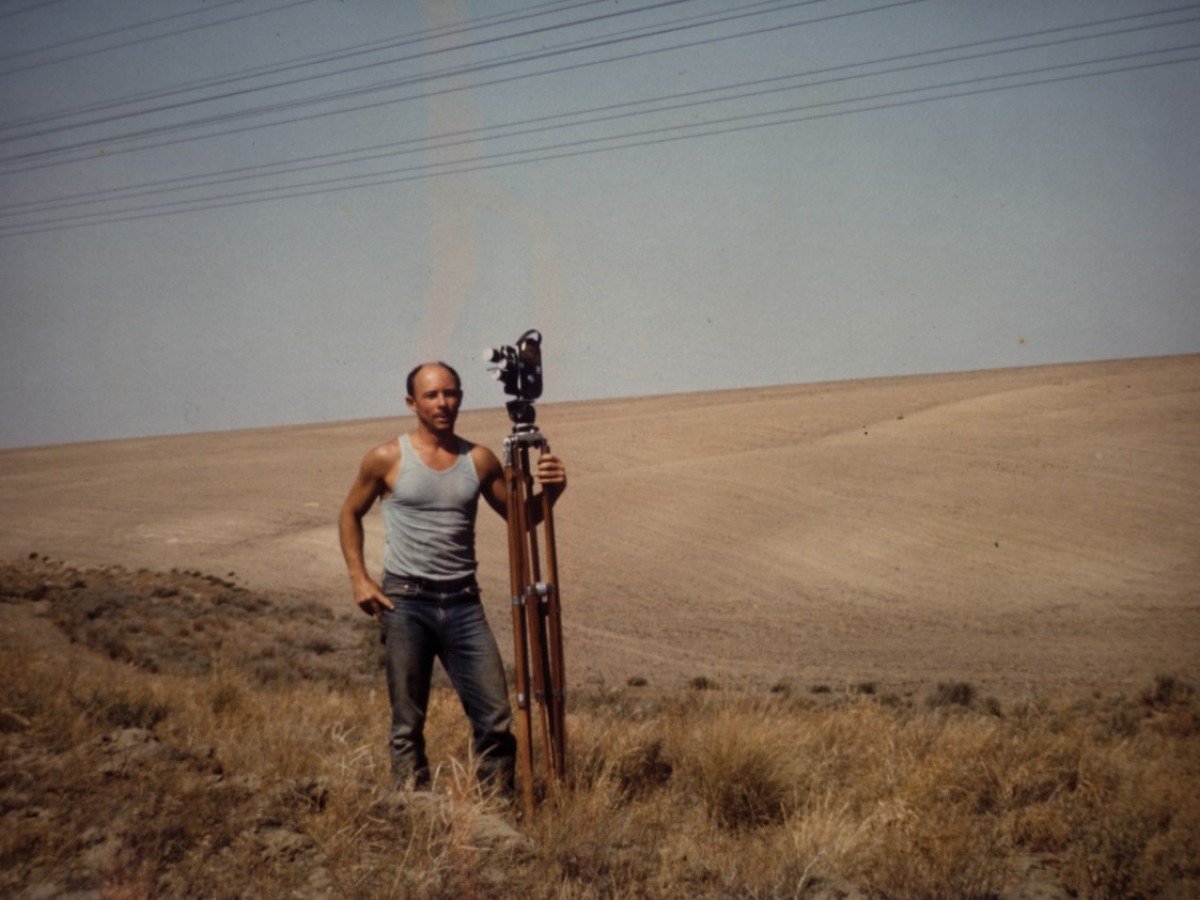Bruce Baillie
January 30 to February 3, 2017
Bruce Baillie, who was born in 1931 in Aberdeen, South Dakota, shines as one of the brightest stars in the galaxy of New American Cinema. The filigree beauty and poetry of his work has influenced generations of filmmakers, while his pioneer status among the Sixties independents of the US West Coast stems from a very practical reason: in order to show his alternative projects as well as those of others, he initiated a filmmaker cooperative in San Francisco and co-founded Canyon Cinema, which went on to become one of the country’s most important non-commercial distributors.
In this environment, Baillie combined his individual work on film form with social motifs – masterly so in Mass for the Dakota Sioux (1964). Other early works, such as the miniature portrait Mr. Hayashi, show his ability to lend a deep spiritual dimension to daily observations; in his three-minute classic All My Life, the "simple" encounter of the eponymous Ella Fitzgerald song and a nature shot yields unforeseen magic. The audacious superimpositions in works such as Castro Street or Quixote unveil Baillie's remarkable feeling for textures, color and light. Experience is, in a literally many-layered fashion, transformed into moving cascades of image and sound. Sensory perception of the world and "quixotic" self-searching are joined with meditations on American mythology and American horror.
Bruce Baillie's unique voice can now be rediscovered in the broader context of this five-part film program curated by Garbiñe Ortega, which documents his Canyon Cinema connections (with works by luminaries such as Peter Hutton and Chick Strand) and his moving correspondence with Stan Brakhage, another giant of US avant-garde cinema.
The program will showcase numerous newly restored prints from the Academy Film Archive.
Peter Kubelka's public talk on his encounters with Bruce Baillie and his films originally scheduled for January 30 had to be postponed: it will now take place as an opener to program 5 on Friday, February 3 at 6:30 pm.
Bruce Baillie, who was born in 1931 in Aberdeen, South Dakota, shines as one of the brightest stars in the galaxy of New American Cinema. The filigree beauty and poetry of his work has influenced generations of filmmakers, while his pioneer status among the Sixties independents of the US West Coast stems from a very practical reason: in order to show his alternative projects as well as those of others, he initiated a filmmaker cooperative in San Francisco and co-founded Canyon Cinema, which went on to become one of the country’s most important non-commercial distributors.
In this environment, Baillie combined his individual work on film form with social motifs – masterly so in Mass for the Dakota Sioux (1964). Other early works, such as the miniature portrait Mr. Hayashi, show his ability to lend a deep spiritual dimension to daily observations; in his three-minute classic All My Life, the "simple" encounter of the eponymous Ella Fitzgerald song and a nature shot yields unforeseen magic. The audacious superimpositions in works such as Castro Street or Quixote unveil Baillie's remarkable feeling for textures, color and light. Experience is, in a literally many-layered fashion, transformed into moving cascades of image and sound. Sensory perception of the world and "quixotic" self-searching are joined with meditations on American mythology and American horror.
Bruce Baillie's unique voice can now be rediscovered in the broader context of this five-part film program curated by Garbiñe Ortega, which documents his Canyon Cinema connections (with works by luminaries such as Peter Hutton and Chick Strand) and his moving correspondence with Stan Brakhage, another giant of US avant-garde cinema.
The program will showcase numerous newly restored prints from the Academy Film Archive.
Peter Kubelka's public talk on his encounters with Bruce Baillie and his films originally scheduled for January 30 had to be postponed: it will now take place as an opener to program 5 on Friday, February 3 at 6:30 pm.
Related materials
